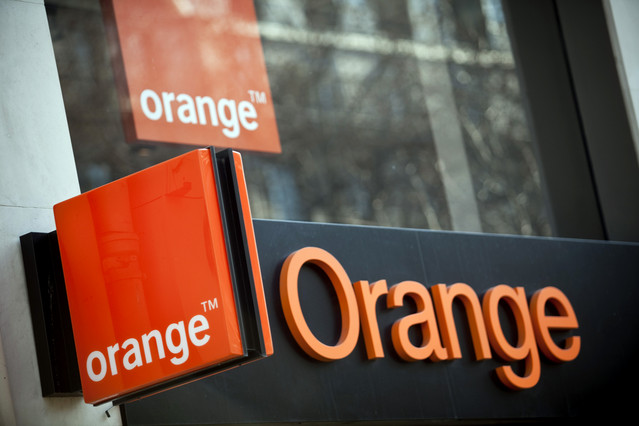
As Huawei struggles to keep its place in the global roll out of 5G network, immobilized by US sanctions. Telecom companies are weighing their options for potential partnership with the embattled Chinese telecom giant.
Reuters reported that Orange, France’s largest telecoms firm, will avoid using equipment from Chinese vendors when developing Europe’s 5G networks, opting for suppliers such as Ericsson and Nokia instead, according to its chief executive.
While many countries have come under the pressure of the United States, cutting ties with Huawei and being careful not to use its infrastructure in their 5G roll out, Orange sees no issue in working with Huawei in Africa, where the Chinese company dominates as a supplier of equipment to many telecoms operators.
Register for Tekedia Mini-MBA edition 19 (Feb 9 – May 2, 2026): big discounts for early bird.
Tekedia AI in Business Masterclass opens registrations.
Join Tekedia Capital Syndicate and co-invest in great global startups.
Register for Tekedia AI Lab: From Technical Design to Deployment (next edition begins Jan 24 2026).
“We’re working more and more with Chinese vendors in Africa, not because we like China, but we have an excellent business relationship with Huawei,” CEO Stephane Richard told Reuters at the Mobile World Congress in Barcelona on Tuesday.
“They’ve invested in Africa while the European vendors have been hesitating.”
Africa has so far been free from US pressure and has become a fertile ground for Huawei. Beijing has recently developed cordial bilateral ties with many African nations, paving the way for Huawei to lead 5G roll out in the continent without hassles.
After all, African countries are not concerned about the national security threat that the US has warned that Huawei poses, although the company has repeatedly denied it has ties with the Chinese military that could pose a national security risk to countries where it operates overseas.
Some countries, such as Britain and Sweden, had banned the Chinese vendors outright, while others have encouraged telecom operators to opt for European suppliers, particularly in the core parts of their networks.
“It’s not only the pressure from the government – we are European citizens and share the concern,” Richard said in an interview on the sidelines of Mobile World Congress. “We can’t ignore the fact that the big Chinese players are close to the Chinese state.”
Ericsson and Nokia have steadily taken market share from Huawei and, late last year, Orange’s Belgian division decided to progressively replace Huawei equipment with kit from Nokia.
The Orange CEO also showed willingness to use gear from South Korea’s Samsung, which he described as an alternative to the “China vs. Europe debate”.
Samsung signed Vodafone as its first European customer earlier this month as it tries to enter a market dominated by Nokia, Ericsson and Huawei.
“We’ll need time and additional investment to build new standalone networks with multiple vendors,” Richard said. “The fact is that in Europe today developing 5G networks with Chinese vendors is more and more difficult – we take this as a reality.”
While Swedish Ericsson and Finish Nokia are cashing in on Huawei’s misfortune in Europe and North America, the Chinese vendor sees a lifeline in Africa and South America, where the Chinese government has considerable interests protected by its growing influence.
But most African countries are dragging feet in their 5G roll out, limiting the scope of Huawei’s potential market in the continent.



